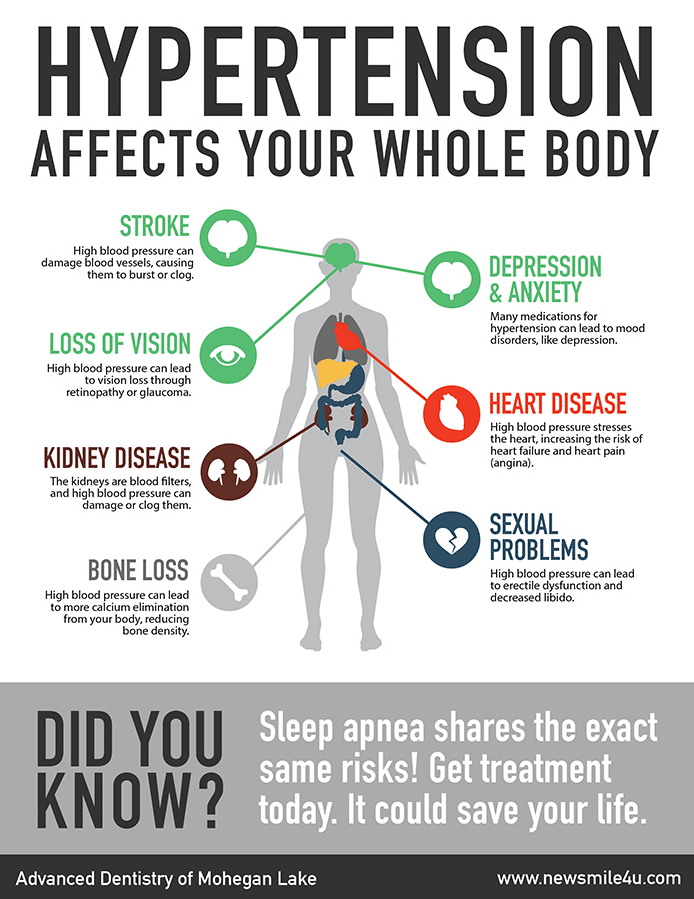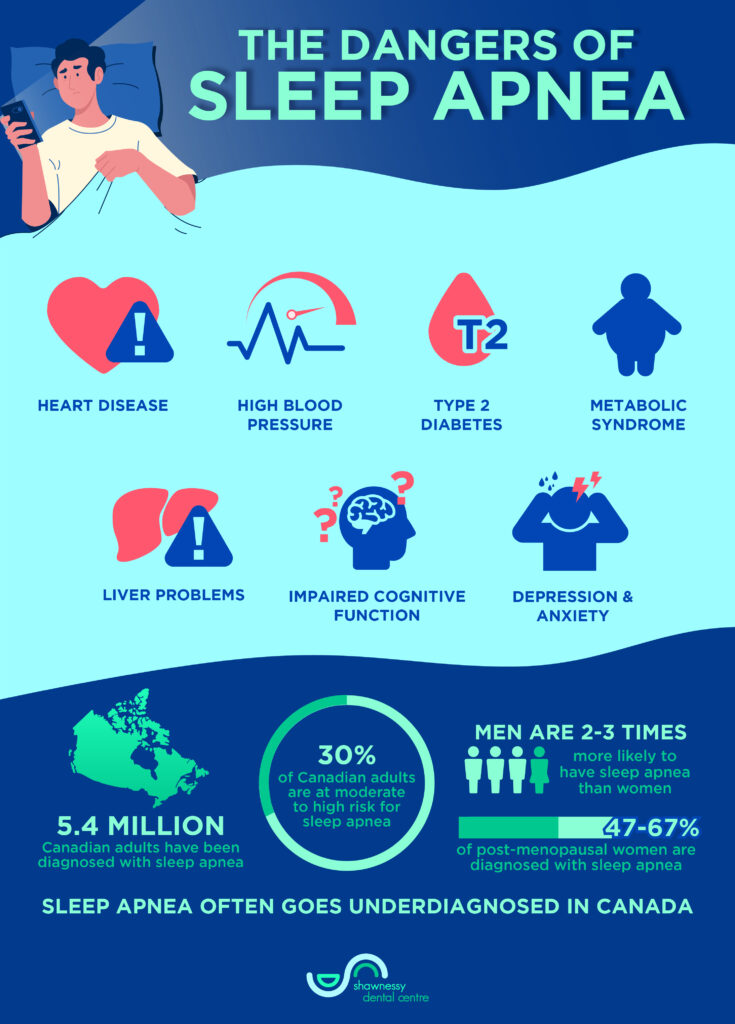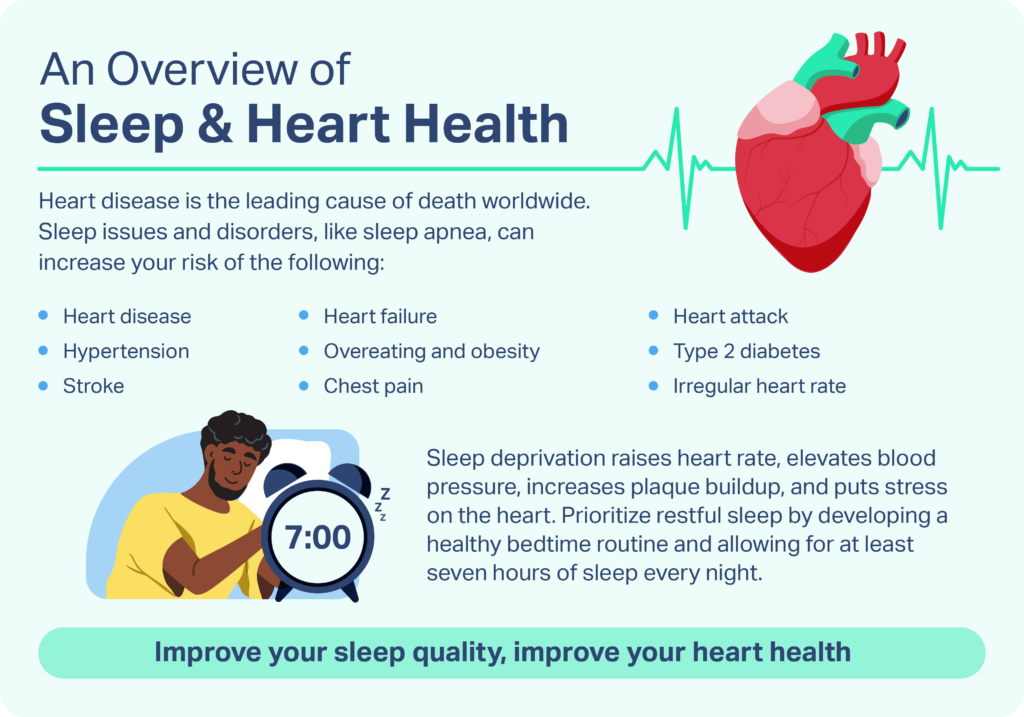Discover the surprising connection between sleep apnea and blood pressure, and how it can impact your overall health.
Table of Contents
- Introduction to Sleep Apnea and Blood Pressure
- What Is Sleep Apnea?
- Understanding Blood Pressure
- How Does Sleep Apnea Affect Your Sleep?
- The Connection Between Sleep Apnea and Blood Pressure
- Why High Blood Pressure Is a Big Deal
- Lifestyle and Its Role in Sleep Apnea and Blood Pressure
- Treating Sleep Apnea to Help Control Blood Pressure
- Other Health Benefits of Treating Sleep Apnea
- Easy Tips for Maintaining Healthy Blood Pressure
- Conclusion
- FAQs
Introduction to Sleep Apnea and Blood Pressure
We’ll start off by understanding what sleep apnea is and why knowing about blood pressure is so important. Let’s dive into how they are linked!
What Is Sleep Apnea?
Have you ever heard of sleep apnea? It might sound like a tricky word, but it’s actually quite fascinating. Sleep apnea is a sleep disorder, which means it affects how you sleep at night. Imagine trying to have a peaceful sleep, but your body keeps waking up without you even realizing it – that’s what sleep apnea does to some people.
Types of Sleep Apnea
Now, there are different types of sleep apnea out there. Some people have obstructive sleep apnea, where their throat muscles relax too much during sleep and block their airway. Others might have central sleep apnea, which happens when the brain doesn’t send the right signals to the muscles that control breathing. It sounds a bit scary, right?
Understanding Blood Pressure
When we talk about blood pressure, we’re actually discussing how hard your blood pushes against the walls of your arteries as it moves through your body. It’s like the pressure in a water hose when you turn on the tap. This pressure is essential because it helps deliver oxygen and nutrients to all parts of your body, keeping everything running smoothly.

Image courtesy of via Google Images
What Does High Blood Pressure Mean?
Now, when we say someone has high blood pressure, also known as hypertension, it means that this pushing force is too strong, which can be rough on your heart and arteries. Imagine blowing up a balloon too much – the pressure inside can strain the balloon. Similarly, high blood pressure can strain your heart and blood vessels, leading to potential health issues if left unchecked.
How Does Sleep Apnea Affect Your Sleep?
We will discuss how having sleep apnea can interrupt your bedtime adventures and why a good night’s sleep is super important!
Sleep apnea is a condition that affects how you breathe while you sleep. It can cause interruptions in your breathing pattern, leading to pauses in breathing or shallow breathing. These interruptions can happen multiple times throughout the night, disturbing your natural sleeping patterns.
The Connection Between Sleep Apnea and Blood Pressure
It’s time to uncover how sleep apnea and changes in blood pressure are interconnected. Let’s explore this important link to understand why it is crucial for our health.

Image courtesy of via Google Images
Sleep Apnea’s Impact on the Heart
When someone has sleep apnea, their breathing can pause multiple times during the night, causing low levels of oxygen in the blood. This lack of oxygen puts extra stress on the heart, making it work harder to pump blood throughout the body. As a result, the heart rate may increase, and the body may release stress hormones, leading to an increase in blood pressure.
It’s like having a wild party in your body while you’re supposed to be asleep! This extra strain on the heart and blood vessels from the ups and downs in oxygen levels can contribute to an increase in blood pressure over time.
Imagine your heart working overtime while you’re trying to catch some Z’s – not a very fun thought! This is why it’s essential to address sleep apnea to prevent potential impacts on our blood pressure and overall health.
Why High Blood Pressure Is a Big Deal
In this section, we will delve into the significance of high blood pressure, also known as hypertension. Understanding why high blood pressure is a big deal can help us take steps to maintain a healthy lifestyle.
What Does High Blood Pressure Mean?
High blood pressure occurs when the force of blood against the walls of your arteries is consistently too high. This places extra strain on your heart and blood vessels, which can lead to serious health complications over time.
Think of your heart as a pump that pushes blood through your body – when the blood vessels are narrow, your heart has to work harder to pump blood. This extra effort can eventually cause damage to your heart and other organs.
Why It’s a Concern
Having high blood pressure is concerning because it increases the risk of developing various health problems, such as heart disease, stroke, kidney disease, and vision loss. Because high blood pressure often has no symptoms, many people may not even know they have it until serious complications arise.
Additionally, untreated high blood pressure can damage blood vessels over time and make them prone to clogging or bursting, leading to life-threatening conditions. That’s why it’s crucial to monitor and manage your blood pressure levels regularly.
Now that we understand the potential risks associated with high blood pressure, let’s explore how sleep apnea can impact blood pressure and overall health.
Lifestyle and Its Role in Sleep Apnea and Blood Pressure
Our daily habits and choices play a significant role in impacting both sleep apnea and blood pressure. Let’s take a closer look at how lifestyle factors can influence these two important aspects of our health.

Image courtesy of via Google Images
Exercise and Sleep Apnea
Physical activity can have a positive impact on sleep apnea. Engaging in regular exercise can help strengthen the muscles that support the airway, reducing the likelihood of airway collapse during sleep. Additionally, exercise can promote better overall sleep quality, which is beneficial for those with sleep disorders like sleep apnea.
Diet and Blood Pressure
The foods we eat can directly affect our blood pressure levels. Consuming a diet rich in fruits, vegetables, and whole grains while limiting salt intake can help maintain healthy blood pressure. High salt intake can lead to fluid retention, increasing blood pressure. It’s essential to be mindful of our dietary choices to support optimal blood pressure levels.
Stress Management
Chronic stress can contribute to both sleep apnea and high blood pressure. Finding effective ways to manage stress, such as practicing relaxation techniques, meditation, or engaging in hobbies you enjoy, can help reduce the impact of stress on your overall health. By prioritizing stress management, you can potentially improve both sleep quality and blood pressure regulation.
Sleep Environment
The environment in which you sleep can also impact both sleep apnea and blood pressure. Creating a sleep-conducive space that is quiet, dark, and at a comfortable temperature can improve sleep quality and potentially reduce the severity of sleep apnea symptoms. Ensuring that your sleep environment is optimized can contribute to better overall health and well-being.
Treating Sleep Apnea to Help Control Blood Pressure
When it comes to managing your blood pressure, treating sleep apnea plays a crucial role. Let’s explore the different ways to tackle sleep apnea and understand how it can positively impact your blood pressure.
What is CPAP?
CPAP stands for Continuous Positive Airway Pressure, and it is a common treatment for obstructive sleep apnea. This handy device consists of a mask that fits over your nose and mouth, delivering a continuous flow of air pressure to keep your airways open while you sleep.
| Reason | Explanation |
|---|---|
| Intermittent Hypoxia | Episodes of interrupted breathing during sleep lead to decreased oxygen levels in the blood, causing the heart to work harder to pump oxygenated blood throughout the body. |
| Inflammation | Chronic inflammation associated with sleep apnea can lead to damage to blood vessels and increase the risk of hypertension. |
| Sympathetic Nervous System Activation | During apnea episodes, the body releases stress hormones, activating the sympathetic nervous system and increasing blood pressure levels. |
| Endothelial Dysfunction | Sleep apnea can impair the function of the endothelium, the inner lining of blood vessels, leading to constriction of blood vessels and elevated blood pressure. |
| Obesity | Sleep apnea is often associated with obesity, which is a common risk factor for high blood pressure and other cardiovascular conditions. |
Other Health Benefits of Treating Sleep Apnea
So, we know that treating sleep apnea can help control blood pressure, but did you know it also has other awesome health benefits? Let’s explore some of the ways that managing sleep apnea can improve your overall well-being.

Image courtesy of via Google Images
Improved Energy Levels
When you treat sleep apnea, you’re giving your body the rest it needs to recharge and restore its energy levels. Say goodbye to feeling groggy and lethargic during the day!
Enhanced Cognitive Function
By getting a good night’s sleep without interruptions from sleep apnea, you’ll notice improved concentration, memory, and overall brain function. This means you can be more focused and alert throughout the day.
Better Mood and Mental Health
Quality sleep plays a crucial role in regulating emotions and mood. By addressing sleep apnea, you may experience reduced irritability, anxiety, and depression, leading to a happier and more positive outlook on life.
Reduced Risk of Heart Disease
Sleep apnea has been linked to an increased risk of heart problems like heart attacks and strokes. By treating sleep apnea, you can help lower your chances of developing cardiovascular issues and maintain a healthy heart.
Remember, taking care of your sleep apnea not only benefits your blood pressure but also contributes to your overall health and well-being. It’s important to prioritize good sleep habits and seek treatment if you suspect you may have sleep apnea.
Easy Tips for Maintaining Healthy Blood Pressure
Keeping your blood pressure in check is crucial for your overall health. Here are some simple tips to help you maintain healthy blood pressure levels.
1. Stay Active
Regular physical activity is key to keeping your blood pressure at a healthy level. Try to be active every day, whether it’s playing outside, riding your bike, or joining a sports team. Exercise not only strengthens your heart but also helps control your weight, which can impact your blood pressure.
2. Eat Well
Choosing healthy foods like fruits, vegetables, whole grains, and lean proteins can help keep your blood pressure in check. Avoiding too much salt and processed foods is also important for maintaining a healthy diet that supports your heart health.
3. Get Plenty of Sleep
A good night’s sleep is essential for your overall health, including your blood pressure. Make sure to get enough rest each night by establishing a regular bedtime routine and avoiding stimulating activities before bed.
4. Manage Stress
Stress can impact your blood pressure, so finding ways to manage and reduce stress in your life is important. Activities like deep breathing exercises, spending time outdoors, and practicing mindfulness can help lower stress levels and support healthy blood pressure.
5. Limit Caffeine and Sugar
Consuming too much caffeine and sugar can disrupt your blood pressure levels. Try to limit your intake of soda, energy drinks, and sugary snacks, and opt for water or herbal tea instead. Monitoring your caffeine and sugar consumption can help keep your blood pressure in check.
By following these simple tips and making healthy choices in your daily life, you can help maintain healthy blood pressure levels and support your overall well-being.
Conclusion
After exploring the connection between sleep apnea and blood pressure, it becomes clear how important it is to understand these health conditions and take care of our bodies. Sleep apnea, a sleep disorder that affects our breathing during sleep, can have a significant impact on our overall well-being, including our blood pressure. High blood pressure, also known as hypertension, is a condition that can lead to serious health risks if not managed properly.

Image courtesy of via Google Images
By recognizing the relationship between sleep apnea and changes in blood pressure, we can take proactive steps to address these concerns and improve our health outcomes. Ensuring a good night’s sleep and maintaining a healthy lifestyle are crucial in managing both sleep apnea and blood pressure.
Remember, treating sleep apnea, whether through the use of a CPAP machine or other methods, can play a key role in controlling blood pressure and promoting better overall health. By staying informed and seeking appropriate medical guidance, we can strive towards a healthier future.
FAQs
Can Children Have Sleep Apnea?
Is sleep apnea something only adults need to worry about? Well, children can also experience sleep apnea. It might happen because of enlarged tonsils or adenoids that obstruct their airways while they sleep. If you suspect a child has sleep apnea, it’s important to speak with a doctor to get the right help.
Does Working Out Affect Sleep Apnea?
Let’s find out if exercise can impact sleep apnea and blood pressure. Regular physical activity can actually help improve sleep patterns, which might benefit someone with sleep apnea. By staying active and maintaining a healthy weight, one can potentially lessen the impact of sleep apnea on their overall health.
Can Diet Impact My Blood Pressure?
Does eating certain foods make blood pressure go up or down? Absolutely! Eating a diet high in salt, fats, and sugars can contribute to high blood pressure, while consuming plenty of fruits, vegetables, whole grains, and lean proteins can help keep blood pressure in check. Making nutritious food choices is a great way to take care of your heart and overall health.





